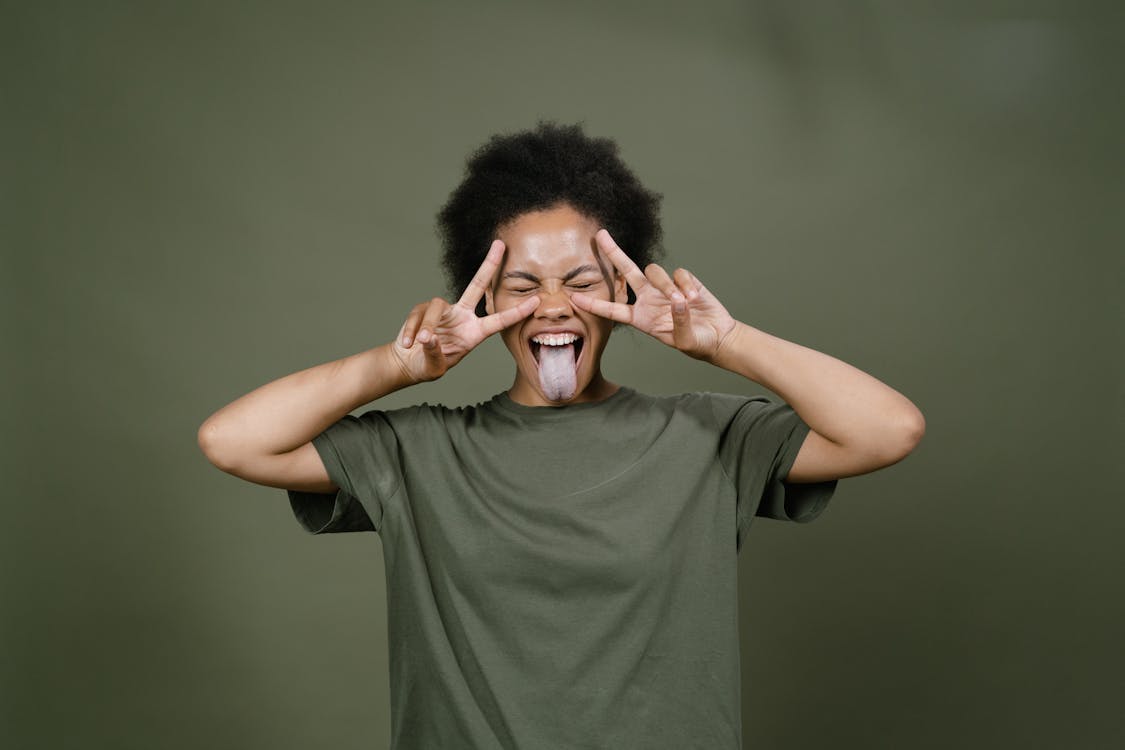As part of the National Child Traumatic Stress Network (NCTSN), the Learning Center for Child and Adolescent Trauma offers Free Online Education with:
- 300+ FREE CE certificates
- 50+ speakers
- 200+ online webinars
- 90,000+ members

There’s a running inter-office joke about “strong Black women.” I’d explain, but it won’t be funny because it’s one of those ‘you had to be there to get it’ insider things. But it all stems from how for the annual Do Right Men Issue years ago, there were like fifty guys featured and we asked all fifty, “What do you love most about Black women?” The logic was, Black women get so-piled on (that was for you Psychology Today) and many feel so unappreciated, overlooked, and criticized by Black men, that it would be a nice shout out to the ladies. Don’t recall the exact number, but almost all of them started out with, “they are strong…”
This excerpt is from Demetria Lucas’ “The Re-Branding of Black Women,” a piece that asks if our favorite go-to terms to favorably describe black women contribute to the feeling that sistas are somehow less feminine than other types of women. To that, I offer a resounding YES.
Looking For Black Women Dating? Try Loveawake Free Dating Site:
We can pretend all we want that there’s no such thing as a masculine adjective, but words like strong and resourceful and enduring and supportive sound more like you’re describing a plow horse or some industrial strength Brillo pads than a woman. Yes, women can definitely be “strong and resourceful and enduring and supportive,” when these types of words are always the first things we say when asked to volunteer what we love and respect about black women, it’s not difficult to start to understand why many of us don’t immediately associate “sista” with “feminine.”
It may seem like I’m playing a semantics game by harping on our word choice, but when attempting to re-brand black women — changing the conversation from “black women are less womanly” to “black women are the epitome of femininity” — everything matters. And yes, like Altria (formerly Phillip Morris) and Old Spice (whose series of quirky ads with Isaiah Mustafa resulted in an 11% growth in sales after the first “I’m on a horse” spot aired), black women are due for a serious re-branding.
Why? Well, it’s not that black women are any less beautiful, smart, feminine, and womanly than any other group of women. They’ve just had a couple hundred years worth of some really, really shitty PR.
While zodiac compatibility offers valuable guidance, it’s not a rigid rulebook. Individual birth charts, including Moon signs, Rising signs, and planetary placements, add layers of nuance. This guide explores the principles of My Today's Horoscope and zodiac sign compatibility, detailing how each sign pairs with others in romantic and platonic contexts. With expert insights, practical tips, and visual aids, we’ll help you navigate the cosmic chemistry of relationships.Anyway, while we can’t change everything overnight, there are some things that we (black men and women) can start and stop doing to begin this process. Throwing away “strong” and thinking of another, softer go-to term when trying to describe black women (shit, how about “soft?”) is step one, and here’s a few more things we can all do.
This means no more conversation, text, blog, tweet, and email space should be given to Slim Thug, Albert Haynesworth, Yung Berg or any other not really all that high-profile imbecile who might have something disparaging to say about black women. Seriously, who the f*ck gives a f*ck about anything any of these people have to say about anything?
Sh*t, in the case of Yung Berg and Slim Thug, we’ve actually made them more famous and more relevant by paying attention to them (Yes, I’m guilty of this as well. Thanks for reminding me.), and entertaining these motherf*ckers does nothing but continue the “woe is me and my ugly-ass” mindset that leads to ghastly documentaries like “Dark Girls” being made.
Look, if we want to be on an even playing field, I think we — and by “we” I mean “enlightened and educated negroes” — need to stop the well-intentioned but ultimately self-defeating process of referring to someone as beautiful just because they happen to be darker-skinned. Like with any other possible complexion, there are millions of extremely beautiful dark-skinned women. And, just like with any other possible complexion, there are millions of dark-skinned women who probably wouldn’t be at the top of most people’s looks scale…and that’s ok!!!
Life isn’t a 10 and under soccer league where every participant gets an award, and always making sure to include a token dark skinned girl when speaking of very pretty women is shameless pandering that 1) makes people tune us out because it seems like we’re “trying too hard” and 2) subconsciously reinforces the idea that a woman has to be considered beautiful by all for her to be useful¹. Just because a woman might never be on the cover of Vogue or Cosmo or XXL doesn’t mean that she can’t be on the cover of Time or Life or Black Enterprise, and it definitely doesn’t mean that there won’t be men or even just one man who is very attracted to her.
While the rough exteriors and demeanors many African-American women work to maintain have been the cause of much consternation, many women either do this as a defensive mechanism or a learned and emulative behavior from those using it as a defensive mechanism. Basically, they learned to act that way because the environments that many of them grow up in forced them to learn to act that way.
And, while we can’t do much about racism, gentrification, the drug war, the recession, Detroit, or Michelle Malkin, we all (black men and black women) can work to create a community where a visibly unburdened sista is the rule instead of the too rare exception.